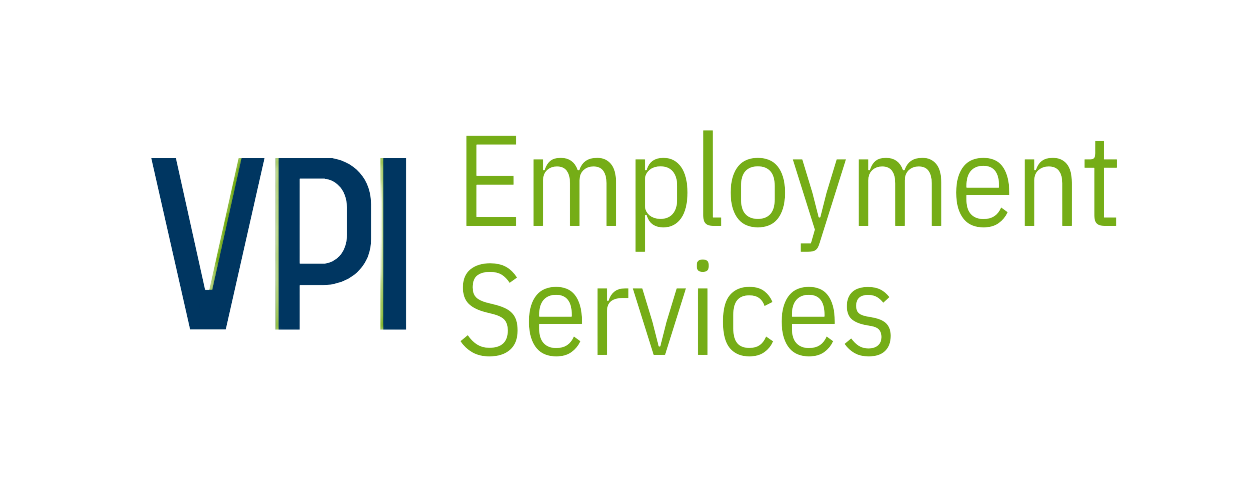Today, society is in the information age.
Curiosity can be satisfied with a simple Google search and questions can be answered by smart virtual assistants. Compared to decades prior, we don’t need to do much thinking on an everyday basis because we are constantly developing technology to do the thinking for us.
Here’s where the problem lies. Everybody thinks. But, with technology assisting our thinking, our thoughts are more biased than ever. With programmed algorithms, technology gives us the results we want to see and because of our reliance on these technologies, we don’t do much thinking after the “results” have been put on our screens.
This is why Critical Thinking Skills are more important than ever.
What are Critical Thinking Skills
The concept of critical thinking has been evolving for hundreds of years and the origins can be traced to Ancient Greek philosophers. Critical thinking is a transferable skill that can be used in any situation – whether at work, school and even in your personal life.
Critical thinking uses logic, reasoning, and deeper thinking in order to come to a conclusion or a decision. Simply put, critical thinking is thinking about thinking. Those who possess critical thinking skills conduct in-depth analysis of the information and facts at hand, often trying to connect ideas and trying to answer layers of questions so that they can come to a sound and reasonable solution.
It is a necessary life skill, especially in today’s information driven environment, as mentioned before, our thoughts, ideas and decisions are assisted by technology.
An Everyday Skill
Every day, it is estimated that the average adult makes about 35,000 decisions. That number is hard to believe, but most of the decisions we make are small and go unnoticed; you often realize certain decisions when you are faced with a dilemma or once you experience the consequences of making the wrong choices.
But, aside from everyday life decisions such as “what snack should I eat”, “what time should I leave my house” or even “what speed should I go on the highway”, there are situations that you may experience at work, school or in public where using effective critical thinking skills can come in handy.
Effective critical thinking skills can help you make the right decisions and can benefit you and the people around you like your family members, classmates and co-workers.
Here are more benefits of critical thinking skills:
Benefits of Critical Thinking Skills
Decision Makers and Problem Solvers
Effective problem-solving and decision-making skills are two of the greatest benefits of critical thinkers.
Critical thinkers take reasonable approaches when faced with a problem. Instead of acting on a whim or making assumptions – they analyze the information first, then come to a solution.
This is an important strength to have in any organization. Businesses routinely deal with complex problems. Employees who are able to tackle problems and make the right decisions prove themselves to be valuable assets.
Encourages Creativity and Curiosity
Due to the fact that critical thinkers are able to make informed decisions through in-depth analyses and questioning the information at hand – they are often naturally curious and creative people.
Remember, critical thinking in simple terms is thinking about thinking. It’s not unusual for those who possess critical thinking skills to ask questions even when a solution may seem obvious. They may sound like critics; nit-picking details and information. But, critical thinkers are always looking for the best solution—as dictated by the information they have. Albert Einstein once said, “It’s not that I’m so smart, it’s just that I stay with problems longer”.
Being curious and creative is a special trait that you can bring to any workplace – offering different perspectives and unique solutions to the plans, processes, and problems that businesses face on a daily basis.
Becoming More Informed
As critical thinkers dissect information and try to unravel layers of questions and answers – they are always learning more. Their instinct of “question first and answer later” helps them learn more about the topics they are trying to understand.
Becoming more informed is a benefit you can reap as a critical thinker. You are able to provide answers to your peer’s questions and you are able to help them see different perspectives with different topics. As a critical thinker, you can become a thought-leader among your peers and co-workers.
To learn more about critical thinking or to sign up for a critical thinking workshop, contact us today.

